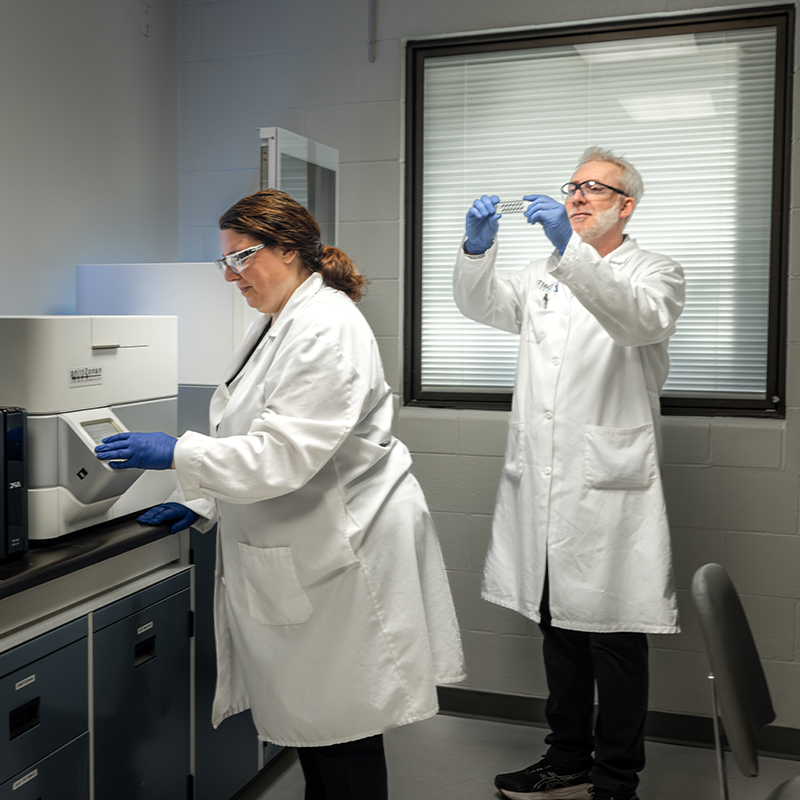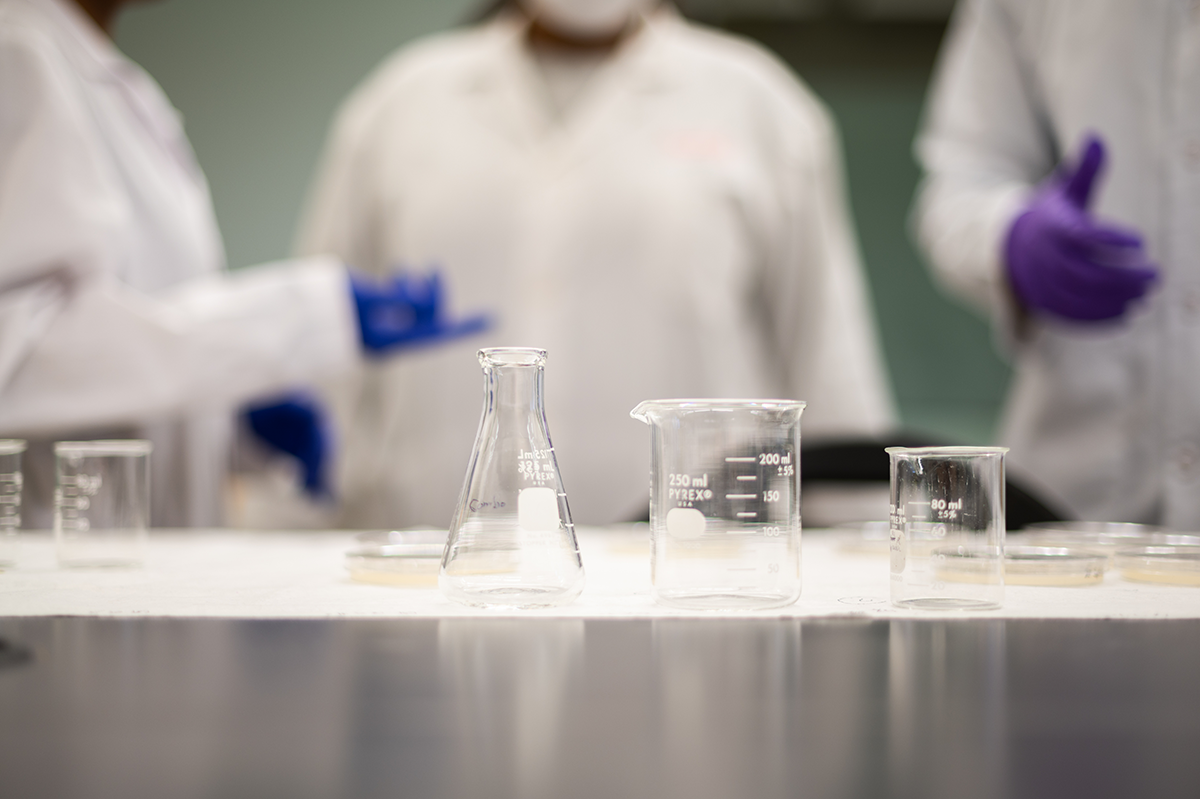Search Website
QUICK LINKS:

Developmental Biology - Collaborative Specialization
This graduate specialization offers a comprehensive study of how organisms are formed and how these early events can influence later life in later stages.
Developmental Biology - Collaborative Specialization
This graduate specialization offers a comprehensive study of how organisms are formed and how these early events can influence later life in later stages.

Developmental Biology - Collaborative Specialization
This graduate specialization offers a comprehensive study of how organisms are formed and how these early events can influence later life in later stages.
About the program
This unique program is one of three of its kind in Canada. You'll explore the full spectrum of developmental biology, from early embryo stages to late-term fetal development. You'll study various organisms, including invertebrates, fish, amphibians, and mammals, gaining a comprehensive understanding of how organisms form and how early development influences later life.
To take the specialization you'll need to be enrolled in one of the following programs and have a supervisor identified: Biology, anatomy and cell biology, biochemistry, neuroscience, microbiology and immunology, physiology and pharmacology, and pathology and lab medicine.
- Program name: Developmental Biology - Collaborative Specialization
- Degree level: Additional specialization
- Duration: Concurrent with graduate training
- Application deadline: None
- Contact: Karen Burrell - karen.burrell@lhsc.on.ca
- Website: Developmental Biology
Reasons to study

Interdisciplinary collaboration
Work with students and researchers across departments and faculties to understand developmental biology.

Advanced coursework
Learn the latest experimental approaches in our leading-edge facilities.

Professionalism opportunities
Attend and present at relevant workshops and conferences. Participate in, and lead, outreach events.
Course outline
Developmental Biology DEV 9000
Developmental Biology DEV 9100
Seminars & events
Admission requirements
Step 1
You must be accepted into the graduate program of one of the program's host departments:
Faculty of Science:
- Department of Biology
Schulich School of Medicine & Dentistry:
- Department of Anatomy and Cell Biology
- Department of Biochemistry
- Department of Microbiology and Immunology
- Department of Neuroscience
- Department of Physiology and Pharmacology
- Department of Pathology
Step 2
Students must be working with a supervisor that is a member of the program:
How to apply
Letter of interest
Submit a letter of interest to the program director outlining:
- Your interest in the collaborative program.
- Your interest in developmental biology, demonstrated through relevant courses or research experience.
Documentations
Include the following documents:
- Curriculum vitae (CV).
- Official transcripts.
- Applications should be submitted by mid-August of each academic year.
- Supervisor approval is required.
Career resources & opportunities

Graduates have pursued careers as a:
- Medical education project manager at CTC Communications Corporation
- Research assistant at Princess Margaret Cancer Centre
- Application development specialist at Fluidigm
- Senior communications specialist at Finastra
- Front-End developer and computer coder
- Scientist at Think Research Company
- Clinical liaison at EMD Serono Inc.
- Consultant in private industry
- Technician at Karyotekk Inc.
Have questions? Connect with us!
Contact our program administrative assistant for more information or get your questions answered.
Karen Burrell
Administrative Assistant
karen.burrell@lhsc.on.ca
Your life at Western
Campus life
Connect, explore, and thrive on our close-knit campus.
Campus tours
Campus tours are available for anyone interested in attending Western.
About London, Ontario
Discover all that Western and London have to offer.